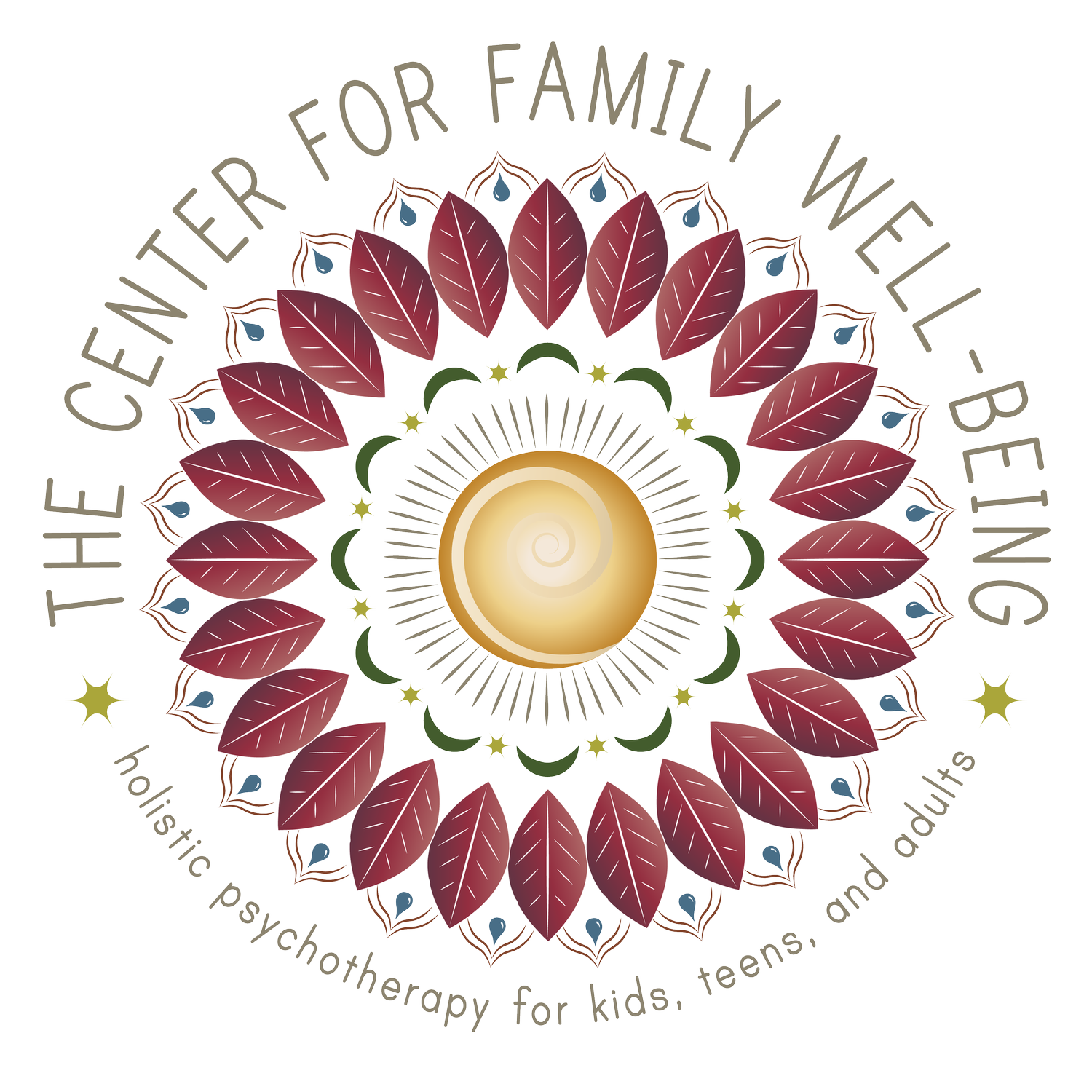Group Counseling at the Center
Welcome to In Tune™
Our Confidence-Building & Experiential Group Counseling
The Center for Family Well-Being’s In Tune™ group therapy program — now in its 15th year — offers mindfulness-based and relationship-focused clinical groups for kids, teens, young adults, and new parents. The benefits of combining psychotherapy with mindful awareness are clear: reduced anxiety, increased focus and attention, happier relationships, and greater calm, creativity, and well-being.
In Tune FAQs
-
We offer a variety of groups for specific ages, ranging from elementary-aged kids to young adults and even new parents. Each group is tailored to its participants’ individual needs and grounded in growing skills of emotional range, regulation, and agility; self and social awareness; and compassion for self and others. We always emphasize positive coping and relational skills and developing a mind-body foundation and focus. We draw on a range of activity-based therapeutic tools, including expressive (art, play, sand), “talk,” and Polyvagal, CBT, and DBT interventions aimed at growing participants’ courage and confidence.
-
Our ongoing In-Tune groups typically run from September through June. These sessions meet once a week after school and last around 11 weeks. We also offer several shorter groups throughout the year, including our Pikler-informed infant/parent group, “refresher” groups, and summer groups.
-
You can see and register for our current groups here. If you don’t see a group that meets your needs or have any specific questions, please contact us!

Join Us for an Upcoming Group!
Have questions?
We’re here to help! If you’re interested in learning more about our In Tune groups, reach out today:


